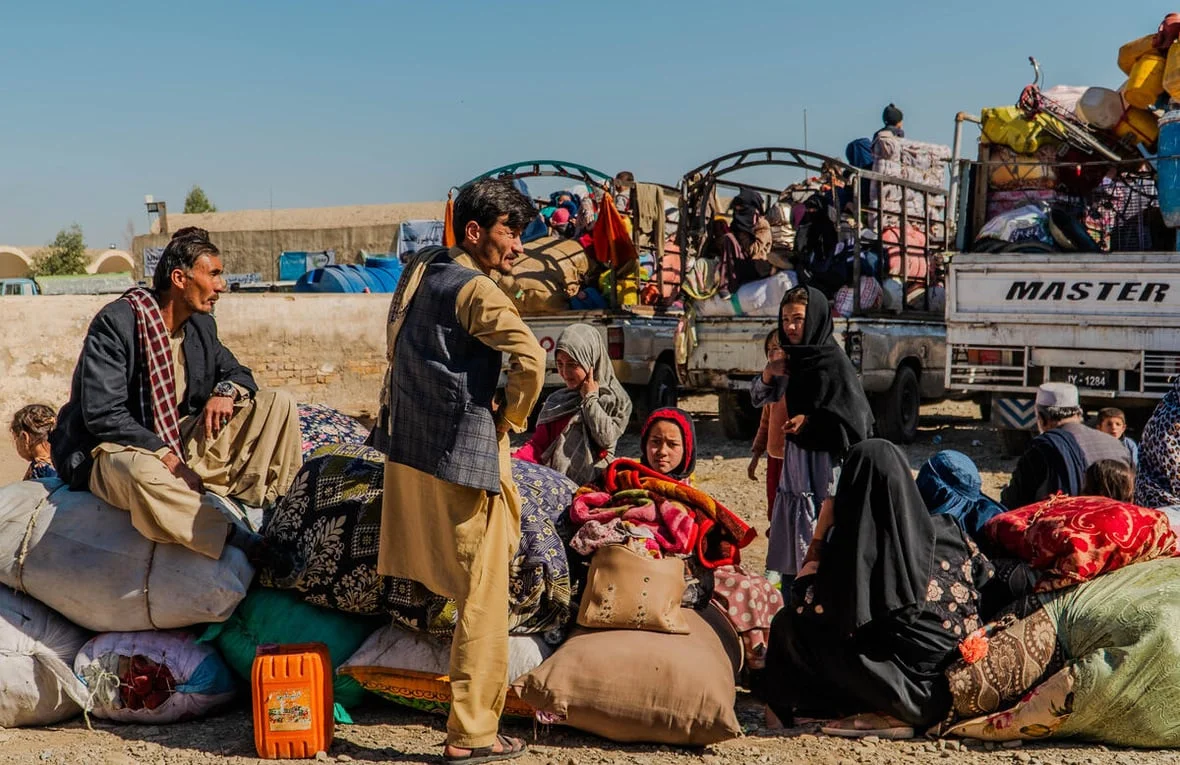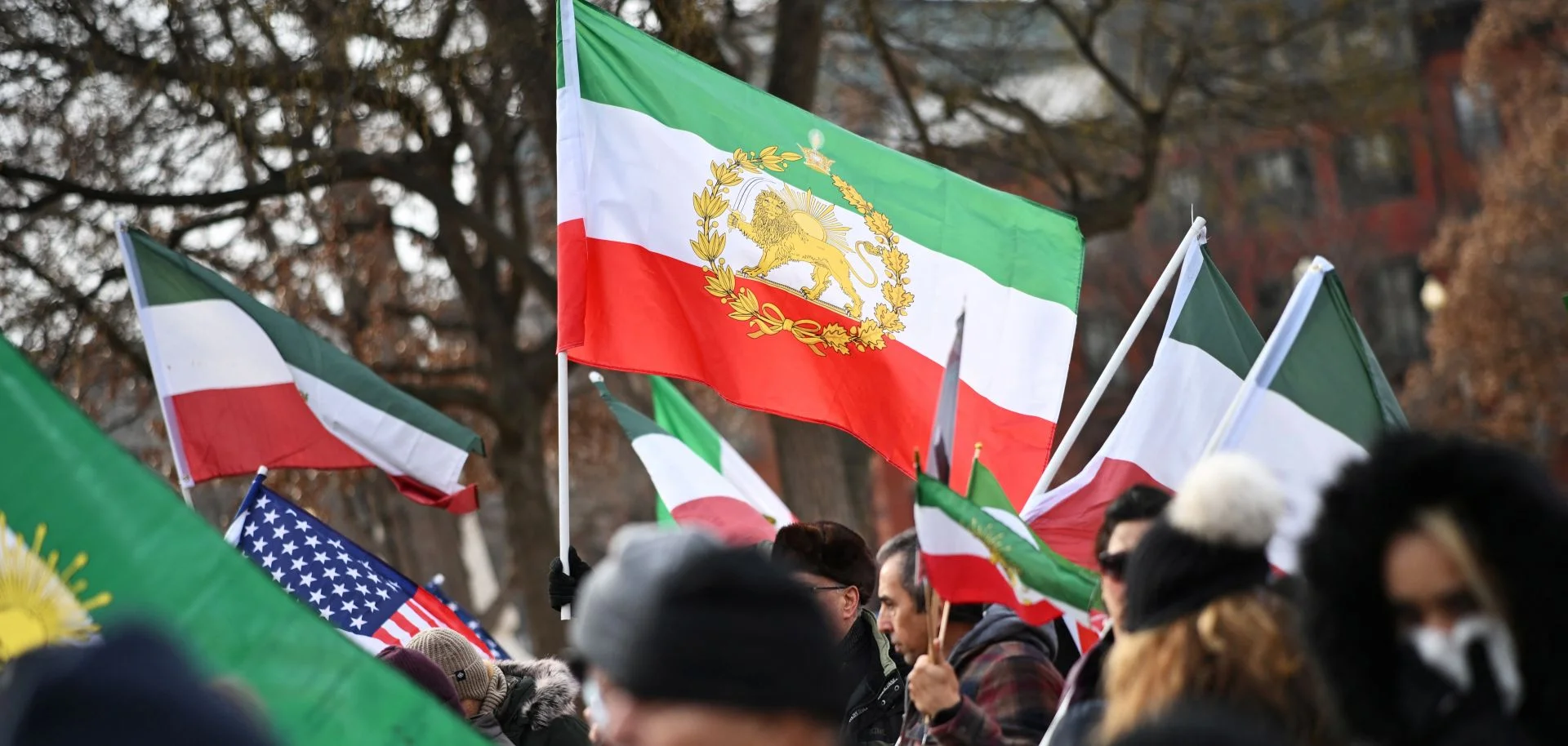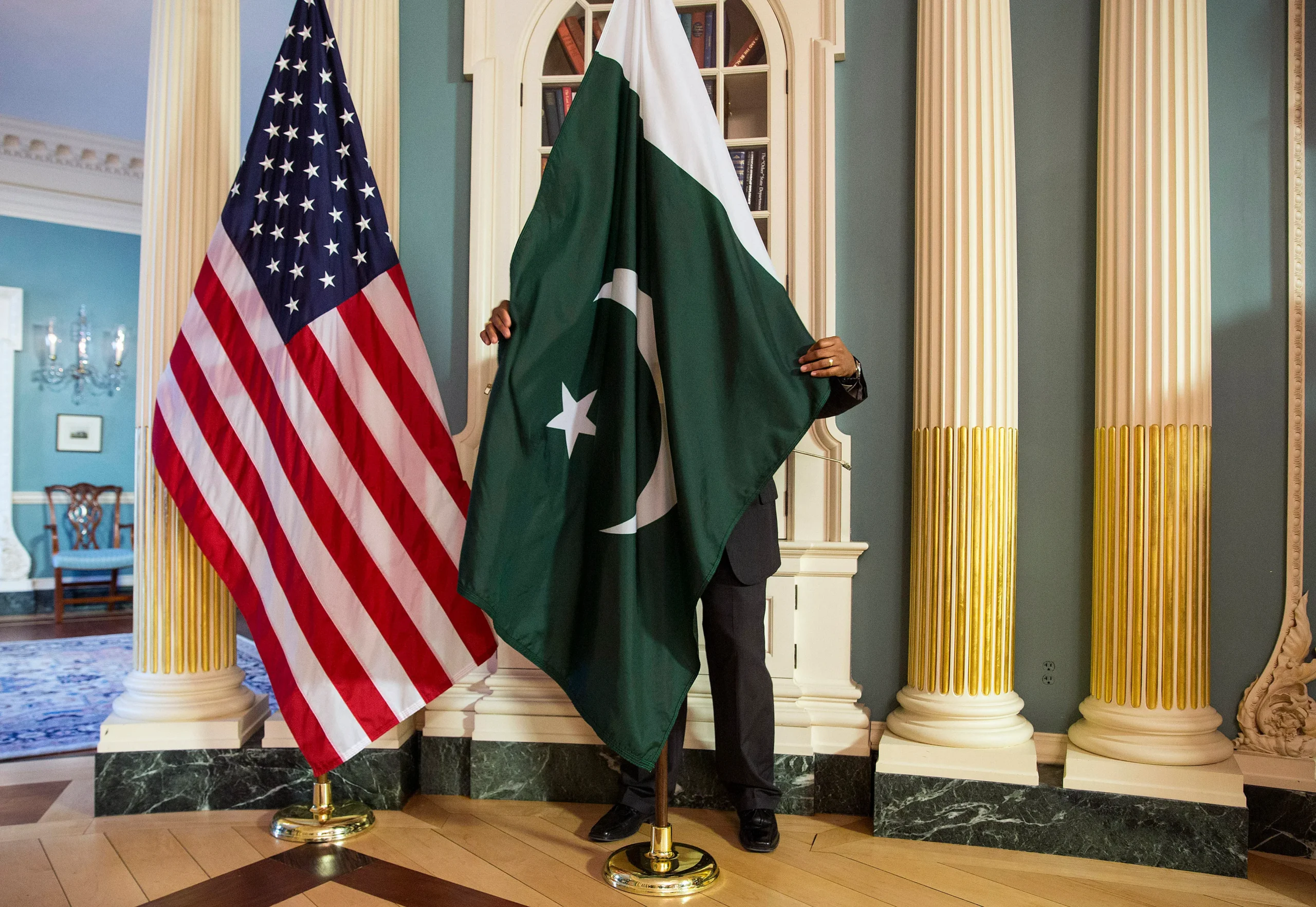ISLAMABAD: Prime Minister Shehbaz Sharif met a delegation of the Qatar Businessmen Association (QBA). He invited them to invest in Pakistan’s energy, infrastructure, and technology sectors. Sharif’s office announced this on Friday during his visit to the Gulf nation.
Sharif’s visit to Qatar, which began Wednesday, seeks to bolster economic cooperation as Pakistan eyes foreign investment to stabilize its frail $350 billion economy.
The QBA delegation, led by Sheikh Faisal Bin Qassim Al-Thani, comprised leading Qatari business figures, each representing influential sectors within Qatar’s economy.
PM Sharif highlighted numerous opportunities in sectors such as energy, infrastructure and finance that made Pakistan an attractive investment destination, according to his office.
“Delegates expressed interest in Pakistan’s economic landscape and, in particular, in upcoming projects in energy, technology, and infrastructure development,” it said in a statement.
“During the meeting, both sides explored potential collaborations that could drive job creation, innovation, and sustainable development in both countries.”
The meeting brought together key representatives from Pakistan and influential members of Qatar’s business community. It emphasized shared goals for strengthening trade, investment, and economic partnerships. This information comes from Sharif’s office.
The QBA members responded positively to the prime minister’s invitation and indicated their interest in expanding their investments into Pakistan.
Also See: Saudi Arabia Eyes Investment in Pakistan: A Strategic Embrace?
Strengthening Pakistan-Qatar Relations
On Thursday, Sharif met separately with Qatar’s Emir Sheikh Tamim bin Hamad Al-Thani. He also met with his counterpart from the oil-rich Arab state. Both sides discussed the importance of strengthening bilateral collaboration. They focused on trade, investment, energy, and other sectors.
Sharif led delegation-level talks with the Qatari emir before holding a separate meeting with him to discuss a wide array of issues.
“The leaders reviewed the entire spectrum of Pakistan-Qatar relations, exploring potential avenues for enhanced cooperation in trade, potential areas of investment, energy, and culture,” Sharif’s office said.
The Pakistani foreign office stated that Sharif primarily focused his meetings in Doha on trade, investment, and regional discussions.
Before arriving in Doha, Sharif attended the Future Investment Initiative in Riyadh, Saudi Arabia, where he discussed trade and investment with Saudi Crown Prince Mohammed bin Salman.
The talks built on recent agreements worth $2.8 billion. These agreements include investments in agriculture, semiconductor manufacturing, and energy. The aim is to strengthen Pakistan’s economy and deepen ties between the two nations.
This news is sourced from Arab News and is intended for informational purposes only.






